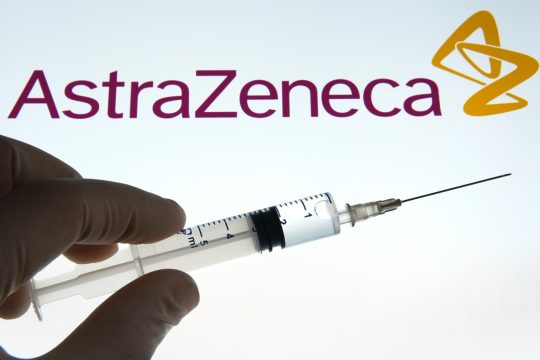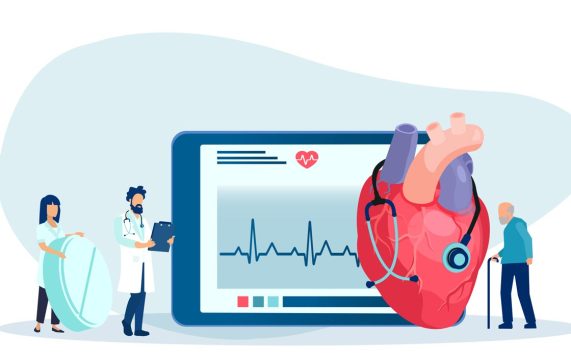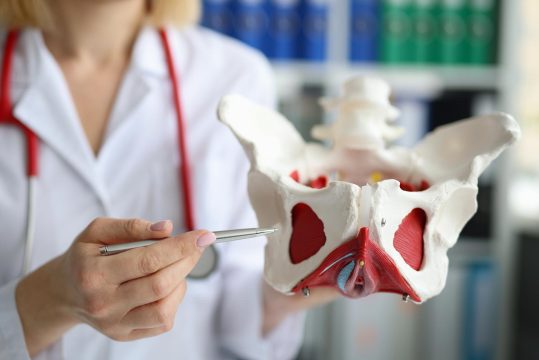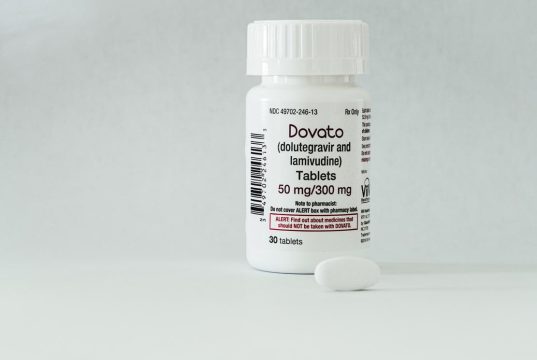Advertisment
ATC 2012 Report – High insulin use pre-SPK brings risk to pancreas and kidney

by Thomas R. Collins – Using a high dose of insulin is associated with a high risk of pancreas loss after a simultaneous pancreas kidney transplant, researchers said here at the 2012 American Transplant Congress.
And while using higher amounts of insulin wasn’t found to be directly related to kidney loss after the procedure, high insulin use should still be considered a risk for losing the kidney as well, since pancreas loss puts patients at risk for kidney loss, said Mark Schnitzler, PhD, Professor at the Saint Louis University Center for Outcomes Research.
“(For) patients with very high pre-transplant insulin doses, the failure rate is very high,” Dr Schnitzler said.
Researchers used data from the Organ Procurement and Transplantation Network for transplant information. And they linked those patients to a database of prescriptions at most U.S. pharmacies. The database includes 50,000 pharmacies and is said to capture 73% of all the prescriptions filled across the U.S.
Dr Schnitzler said that the total amount of prescriptions filled was used to calculate a dose, but it was not meant to be an exact look at the doses patients were actually taking.
Patients in the OPTN database receiving an SPK at age 18 or older, along with an estimated average daily insulin dose of less than 3.0 units per kilogram per day, were included. That amounted to 957 subjects.
Patients were divided into four groups based on insulin usage. There was not much difference in pancreas survival between the three lowest usage groups, but there was a big gap in survival between those in the highest usage group and the lowest usage groups.
“The very highest estimated insulin dose for patients pre-transplant, 50 percent of them have lost their pancreas by about 250 days post-transplant,” Dr Schnitzler said.
When it came to kidney survival, there was a similar difference, but when the loss of the pancreas was accounted for, the insulin usage appeared not to have an effect on its own, Dr Schitzler said.
“What seems to be happening here is that there’s a much higher rate of pancreas failure in this highest-use quartile and pancreas failure is preceding kidney failure,” he said.
Researchers also examined patients’ insulin use after SPK, and found that while many patients who had insulin prescriptions filled used less after the procedure, many were using about as much as they were using before.
“We’ve got a lot of people without a pancreas failure reported who are returning to essentially the dose they were taking pre-transplant,” Dr Schnitzler said.
Researchers wondered how “failure” rates would change if insulin use after SPK was considered a pancreas “failure.”
So researchers plotted out a graph: One line was for pancreas failures reported to the OPTN, and another was for reported failures, plus any patients who had insulin prescriptions filled.
“What we see are two remarkably different survival patterns for the pancreas post-transplant,” he said. “In this case, if we use any insulin (prescription) fill at all, including those people that fill one and only one vial, it seems we are missing half of pancreas failures.”
If moderate insulin usage and insulin usage similar to pre-transplant levels were considered pancreas “failures,” then about 25% to 35% of the failures would be missed, he said.
Dr Schnitzler suggested that pancreas failure levels aren’t reported consistently and that there needs to be a better validation system for the data to be reliable, particularly when comparing one centre’s number to another centre’s.
“If we don’t have a consistent, validated definition of pancreas failure, should the SRTR (Scientific Registry of Transplant Recipients) report centre-specific pancreas failure to the public?” he asked the audience. “You guys have to answer that question.”





